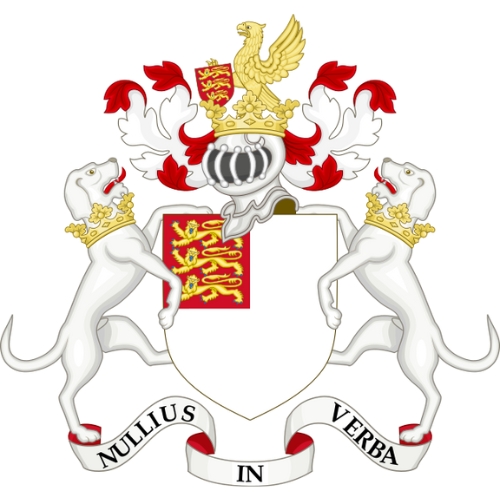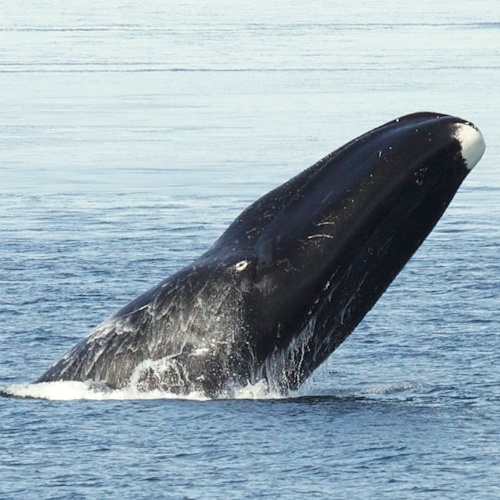Key points from article :
"The odds of developing cancer increase with longevity and body mass," - Daniela Tejada-Martinez, lead study author.
"Paradoxically, big and/or long-lived species have lower cancer risk," - Tejada-Martinez.
Cetaceans evolved additional mechanisms to protect against such diseases like cancer.
Over the course of evolution, genes involved in the control of cancer onset and progression were positively selected.
Cetaceans have a 2.4-times faster turnover rate of tumor suppressing genes than other mammals.
High turnover rate is associated with gene duplications.
Of the 71 genes with duplications identified in cetaceans, 11 are associated with longevity and aging process.
Understanding how whales protect themselves against cancer could help humans make strides against the disease.
"New molecular variants, including copies of regulatory genes, could lead to the creation of innovative treatments for cancer and age-related diseases," - Tejada-Martinez.
Research published in the Journal The Royal Society.





